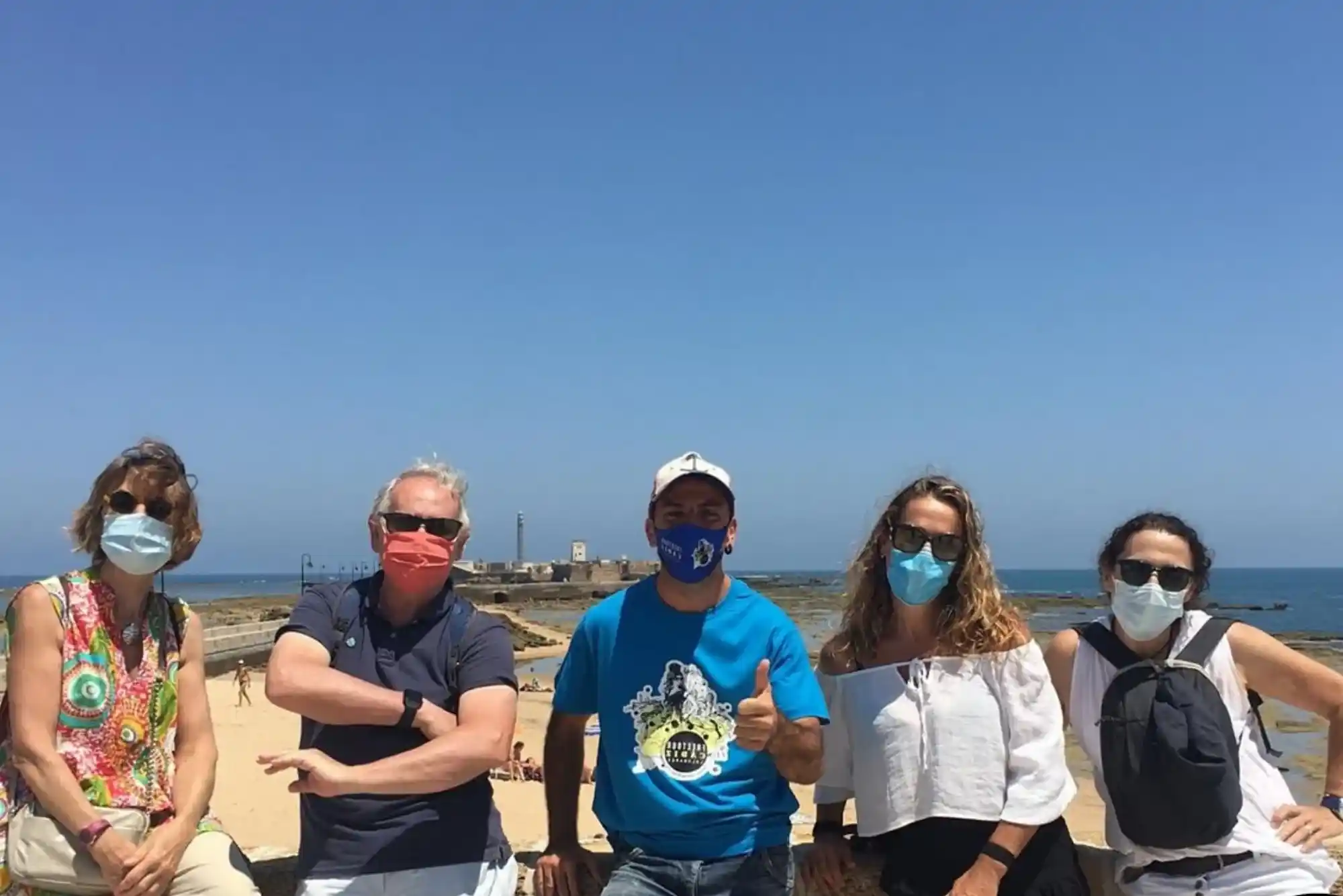The Ancient Beginnings of Cádiz
Long before Cádiz became a popular destination for travelers, it was a thriving hub of ancient civilizations. Founded by the Phoenicians around 1100 BCE, Cádiz is considered one of the oldest continuously inhabited cities in Western Europe. Its strategic location on the Atlantic coast made it a vital port for trade and cultural exchange. The remnants of this era can still be seen today, offering a glimpse into the city’s rich past.
Roman Influence and the Rise of Gades
During the Roman era, Cádiz, known as Gades, flourished as a key city in the Roman Empire. The city became renowned for its salt production, fishing industry, and vibrant culture. Visitors on a Free tour Cádiz can explore the Roman Theater, one of the largest in Spain, which stands as a testament to the city’s historical significance. This period also saw the construction of aqueducts and other infrastructure that laid the foundation for modern Cádiz.
The Moorish Era: A Cultural Renaissance
In 711 CE, the Moors conquered Cádiz, ushering in a period of cultural and architectural transformation. The city became a melting pot of Islamic, Christian, and Jewish influences. The Moorish legacy is evident in the intricate designs of the city’s old quarters and the Alcázar of Jerez, located nearby. This era also marked advancements in science, art, and literature, which continue to inspire visitors today.
The Age of Exploration and the Golden Age
The 15th and 16th centuries marked a turning point for Cádiz as it became a launching pad for expeditions to the New World. Christopher Columbus set sail from Cádiz on his second voyage, cementing the city’s role in global exploration. The wealth flowing into Spain during this period transformed Cádiz into a bustling port city. A Free walking tour Cádiz often highlights landmarks like the Cathedral of Cádiz, which symbolizes the city’s prosperity during this golden age.
The 18th Century: A Hub of Enlightenment
By the 18th century, Cádiz had become a center of commerce and intellectual thought. The city played a pivotal role in the Spanish Enlightenment, hosting debates and fostering ideas that shaped modern Spain. The Constitution of 1812, known as “La Pepa,” was drafted here, making Cádiz a symbol of democracy and progress. Walking through the city’s historic streets, one can almost hear the echoes of these revolutionary ideas.
The Decline and Resilience of Cádiz
The 19th century brought challenges to Cádiz, including economic decline and political turmoil. However, the city’s spirit remained unbroken. The people of Cádiz demonstrated resilience, preserving their cultural heritage and adapting to changing times. This period also saw the rise of flamenco, a passionate art form that continues to captivate audiences worldwide.
Modern Cádiz: A Blend of History and Vibrancy
Today, Cádiz is a vibrant city that seamlessly blends its historical roots with modern attractions. From the bustling Mercado Central to the picturesque La Caleta Beach, there’s something for everyone. A Free tour Cádiz offers an excellent way to explore the city’s hidden gems and learn about its fascinating history. The annual Carnival of Cádiz, one of the most famous in Spain, showcases the city’s lively spirit and creative energy.
Exploring Cádiz Through Free Tours
Free walking tours have become a popular way to discover Cádiz, offering an affordable and engaging experience for visitors. These tours are led by knowledgeable guides who bring the city’s history to life. Whether you’re interested in ancient ruins, architectural marvels, or local cuisine, a Free walking tour Cádiz provides a unique perspective on this enchanting city.
Conclusion: Lessons from Cádiz’s History
The history of Cádiz is a testament to the resilience and adaptability of its people. From its ancient beginnings to its modern vibrancy, the city has continually reinvented itself while preserving its cultural heritage. As we explore Cádiz through free tours, we not only uncover its past but also gain insights into the enduring human spirit. The lessons of Cádiz remind us of the importance of embracing diversity, fostering innovation, and cherishing our shared history.








